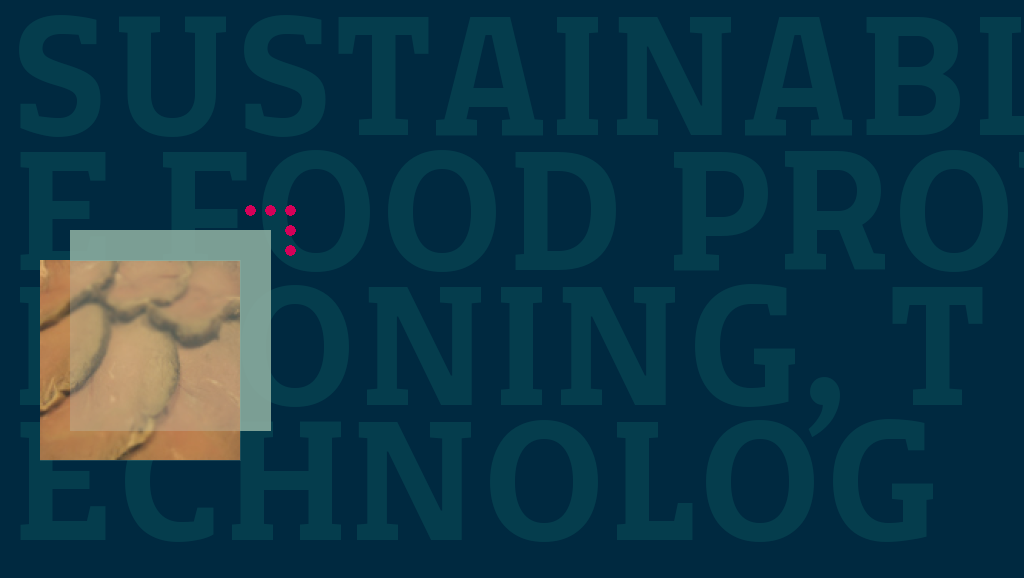In what I can only describe as a further move in the technologozation of foodstuff provisioning, Dutch Scientists recently announced that they had grown artificial meat from stem cells in an experiment that they hope could provide an alternative source of meat food production for the planet.
Still in its infancy, this form of meat production is currently prohibitively expensive, but the Dutch team led by Professor Post of the Maastricht University state that they only wish to demonstrate that the technology is available and that production in this form is possible.
They justify their research on grounds that many believe that current food provisioning techniques are non sustainable in terms of environmental strain and pollution costs, something that Dr Andrew McMeekin of the University of Manchester agreed with when he was interviewed for the Bassetti Foundation last year. Professor Post argues that if taken to industrial production levels, costs would come down (currently enough meat to make a burger costs about $300,000), as would the negative environmental impact of meat production.
Current meat production techniques are widely seen as damaging to the environment and inefficient. In terms of protein production the animal consumes much more that it produces, with an efficiency of only 15% payback (for every 100 grams of protein eaten a cow for produces 15 grams of protein for third party consumption).
Modern industrial food production techniques in general have been roundly criticized by environmentalist for the problems caused by intensive methods, high level carbon production (figures are disputed but industrial production is a major contributor to greenhouse gas production) and also animal rights are both issues and some kind of radical overhaul of the system does seem necessary.
Other interested groups are following different paths however toward a more sustainable food provisioning habit. In Italy a large informal network of groups calling themselves ‘gruppi di acquisto solidale” or ‘solidarity purchase groups’ has emerged and now have a central website offering information about their ideas and forthcoming events (in Italian). These individual groups enter into agreements with local farmers in order to procure locally grown, often organic food for their family. Individual groups have agreements with other networks in order to buy products from other areas (typically citrus fruit from the South) as well as sustainably produced household items such as cleaning and personal hygiene products.
A large network of these small groups exists and they have even gone as far as to enter into agreements to bail out failing businesses and then buy their produce, accepting slightly higher prices for quality guarantees. Some entities today operate solely to serve the GAS market having been saved by the network from bankruptcy.
What is really interesting about these groups and actions is that they are non formalized agreements based on trust. Typically each member takes responsibility for a product or role and is responsible for its smooth provisioning, creating a bond of trust between all involved. They also operate time banks (I give you an hour of my time and you give me an hour of yours) and I have even heard of German groups building houses for their members through these schemes. A community self build agency operates in the UK, enabling groups to build their own housing, but that is another story, I return to food.
Similar food provisioning ideas are in operation all over the industrialized world, including here in Boston Mass. The system most widely known in the US is known as CSA or Community Supported Agriculture. In this case participants buy part of the farm for a period of time and collect their proportion of the produce during that period. The system is widespread in the USA as the Local Harvest website shows, and I know that the practice is active in both the UK and Ireland although often on different terms of responsibility.
McMeekin was criticized after publication on the website in an open letter to the Foundation written by Colin Sage for his belief that the existing supply chain could provide the change needed to move towards more sustainable provisioning. Sage saw this as related to the fact that the UK supermarket chain TESCO have funded part of McMeekin’s work and therefore he does not want to criticize them, but the question remains of how change could be brought in on such a large scale to lessen the environmental damage caused by current food production techniques.
The ideas and projects described here are based upon small communities of like-minded people, and involve a relationship of trust. This very factor might mean that they are better suited to small scale operations, with relatively little effect in global terms. This is in no way meant to be a criticism of the operations, but to raise issues of expandability.
The topic of food has been addressed many times on this website and this article offers a review of the major articles with links to them all.
I leave the reader to ponder the merits and drawbacks of the competing systems for more sustainable food provisioning described above, and the ethical issues involved in the first more scientific route.
——————–
(Photo: Meat by European Citizen from Flickr.)
















